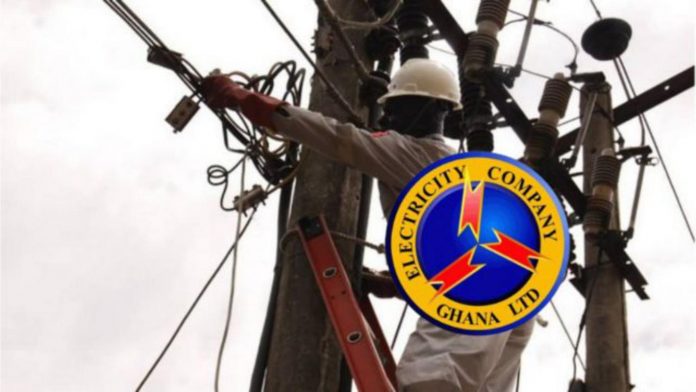The Consumer Protection Agency (CPA) has kicked against the imposition of 15% Value Added Tax (VAT) on electricity for residential customers.
They have demanded the government to withdraw the levy before Wednesday, January 31, 2024, as it would worsen the plight of the masses.
The government has outlined the rationale for the imposition of a 15 per cent VAT on electricity consumption.
It forms part of the government’s COVID-19 recovery programme, aiming at generating additional revenue to boost Ghana’s economy.
Even though the Trades Union Congress (TUC) and other civil society organizations have raised series of concerns, the government is adamant and determined to roll out the policy.
Chief Executive Officer for CPA, Kofi Kapito, reacting to the government’s firmness indicated that Ghanaians are already overburdened and it will be unfair and disastrous for the policy to be implemented.
READ ALSO: ‘Ghanaians will continue to suffer as long as the NPP remains in office’ – Mahama
“At this particular point in time, consumers of electricity are already overburdened and it will be unfair and disastrous on all electricity consumers, most especially households who do not add any value to electricity before using it,” a statement from the Agency contained.
“Government should not forget that PURC, the regulator, will definitely implement the automatic price adjustment on utility services in this first quarter, so any additional cost from the government will be a double jeopardy on consumers,” he added.
Kofi Kapito, was quick to state that the government can collect taxes in other ways for development but not on electricity consumption alone.
He urged the government to reduce its own expenditure that has become a burden on the Ghanaian taxpayer as well as ensuring that properties in the country are valued properly and taxed accordingly.
He likewise entreated electricity users in the country to join the CPA and the Trades Union Congress for a massive protest against the 15% VAT if it is not withdrawn by the January 31, 2024, which is the implementation deadline.
By Maxwell Otoo|OnuaFM|Onuaonline.com








